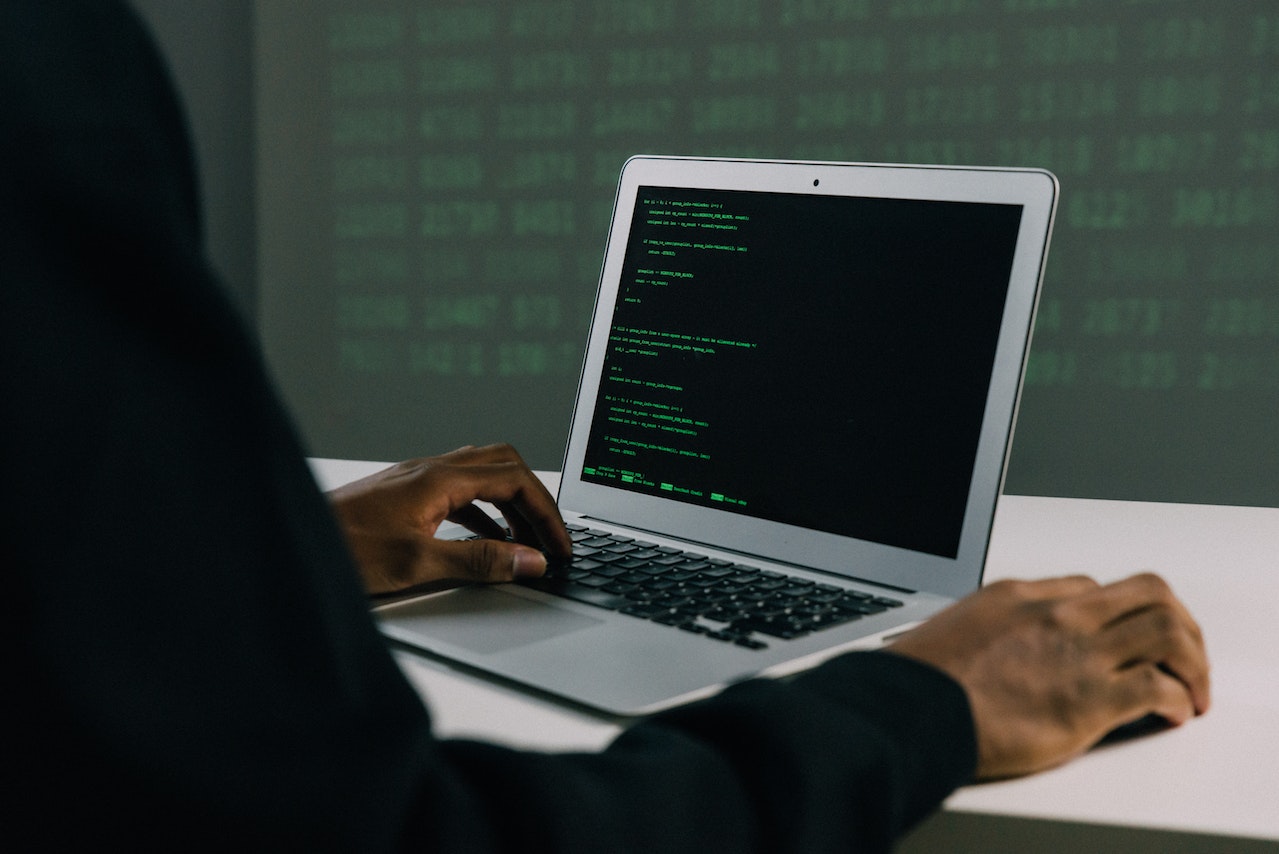
Ever get hooked on detective shows, mesmerized by the art of crime-solving? Are you fascinated by the digital world’s unseen depths? If that sounds like you, computer forensics could be your dream job. Dive into this guide and uncover the journey, skills, and credentials needed to become a true computer forensics master. But before we dive into what it takes to become a digital forensics expert let’s cover the basics.
The Field of Computer Forensics
At its core, computer forensics is about delving into computer systems and digital devices to preserve, extract, analyze, and present evidence. Years back, the realm of computer forensics was largely uncharted. But as with new technology came new waves of cybercrimes, the need for experts in this domain has skyrocketed. From unraveling data breaches to tracing cybercriminal tracks or recovering crucial lost data, the demand for a proficient digital forensic specialist has ever increased.
The Pathway to Becoming a Computer Forensics Expert
One needs a mixture of technical knowledge, soft skills, formal education, and specialized training to become proficient in the field of computer forensics. Here is what you would need:
Education and Training
At the bare minimum, you will need a degree in computer science, cybersecurity, or a related field.
A Master’s degree specializing in cybersecurity or digital forensics is also recommended though it’s not required. Since this field is continuously evolving, ongoing training and certifications, such as Certified Computer Examiner (CCE) or Certified Forensic Computer Examiner (CFCE), are also beneficial.
- Bachelor’s degree in a relevant field
- Master’s specialization (Optional but advantageous)
- Continuous training and certifications
Key Technical Skills
Computer forensics experts require a wide range of technical skills, including knowledge of computer hardware, operating systems, and programming languages. They should also be able to use specialized tools for data recovery, encryption, and analysis. Here is the summary of the technical skills needed:
- Understanding of computer systems
- Proficiency in one or more programming languages
- Familiarity with forensic software tools
Essential Soft Skills
Soft skills play a huge role in the field of computer forensics. Experts should possess outstanding problem-solving abilities, think analytically, and demonstrate meticulous attention to detail. They also need good communication skills to explain complex findings to people without technical knowledge. Here is a list of all the preferred soft skills needed:
- Problem-solving capacity
- Analytical thinking and keen eye for detail
- Excellent communication skills
Opportunities and Challenges in Computer Forensics
As fascinating as computer forensics is, it also poses certain challenges. With rapidly evolving technology, one must stay up-to-date with the latest trends, developments, and tools.
Additionally, experts must adjust to often-demanding working hours due to the urgency of investigations. However, this field offers numerous opportunities for professional growth.
Experts can work in many sectors, including law enforcement, corporate organizations, cyber security firms, and government agencies. The rising incidents of cybercrime mean that demand for computer forensic experts will only increase.
Conclusion: Your Pathway to Unlocking the Digital Vault
Computer forensics is a challenging yet rewarding field. It combines the thrill of problem-solving with the satisfaction of justice. By taking the steps outlined in this guide, you can lay the foundation for a successful career in this exciting domain of the digital world.
Remember, it’s not just about getting an advanced degree or mastering the latest forensics tool.
It’s about adopting a mindset of curiosity, precision, and tenacity. If you have found your calling in the labyrinth of codes and digital traces, put on your detective hat and step into the intriguing world of computer forensics!
Interesting Related Article: “The Role Of Artificial Intelligence In Cybersecurity: Friend Or Foe?“





